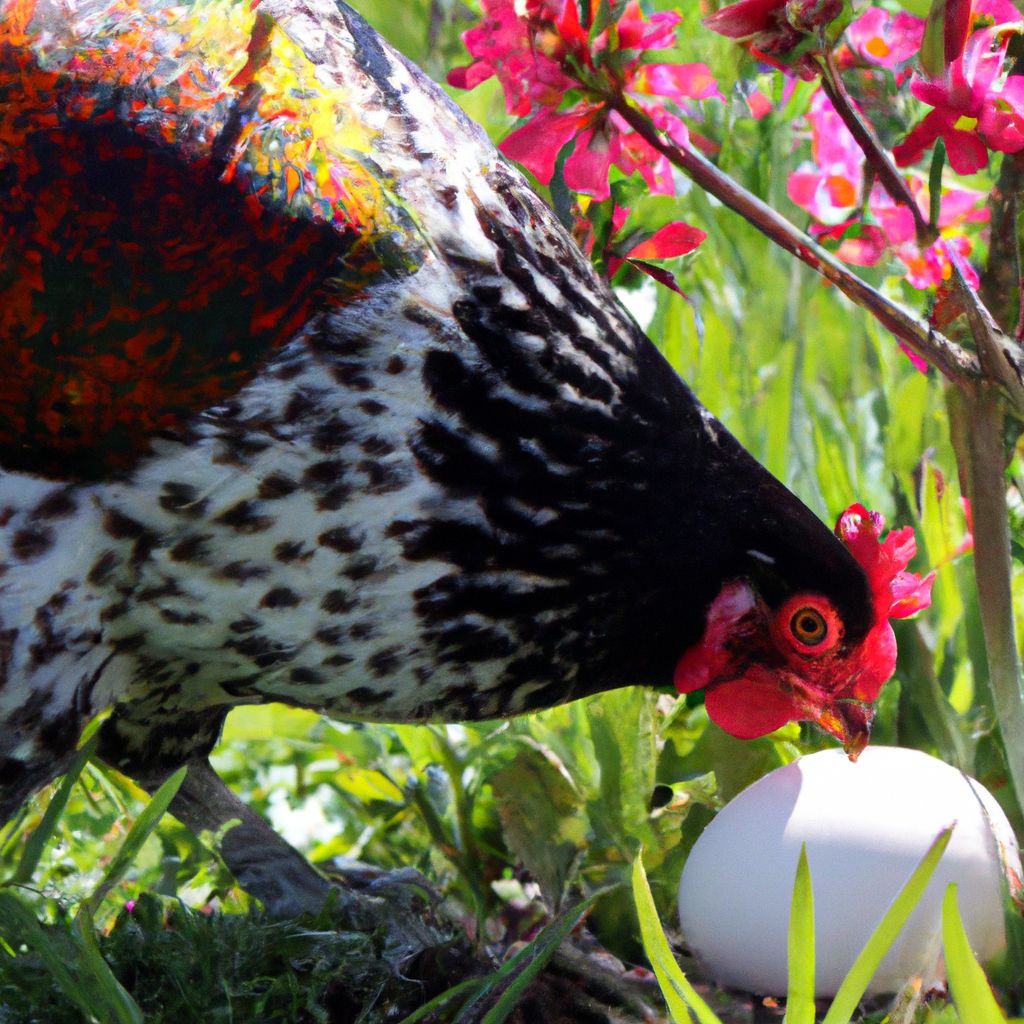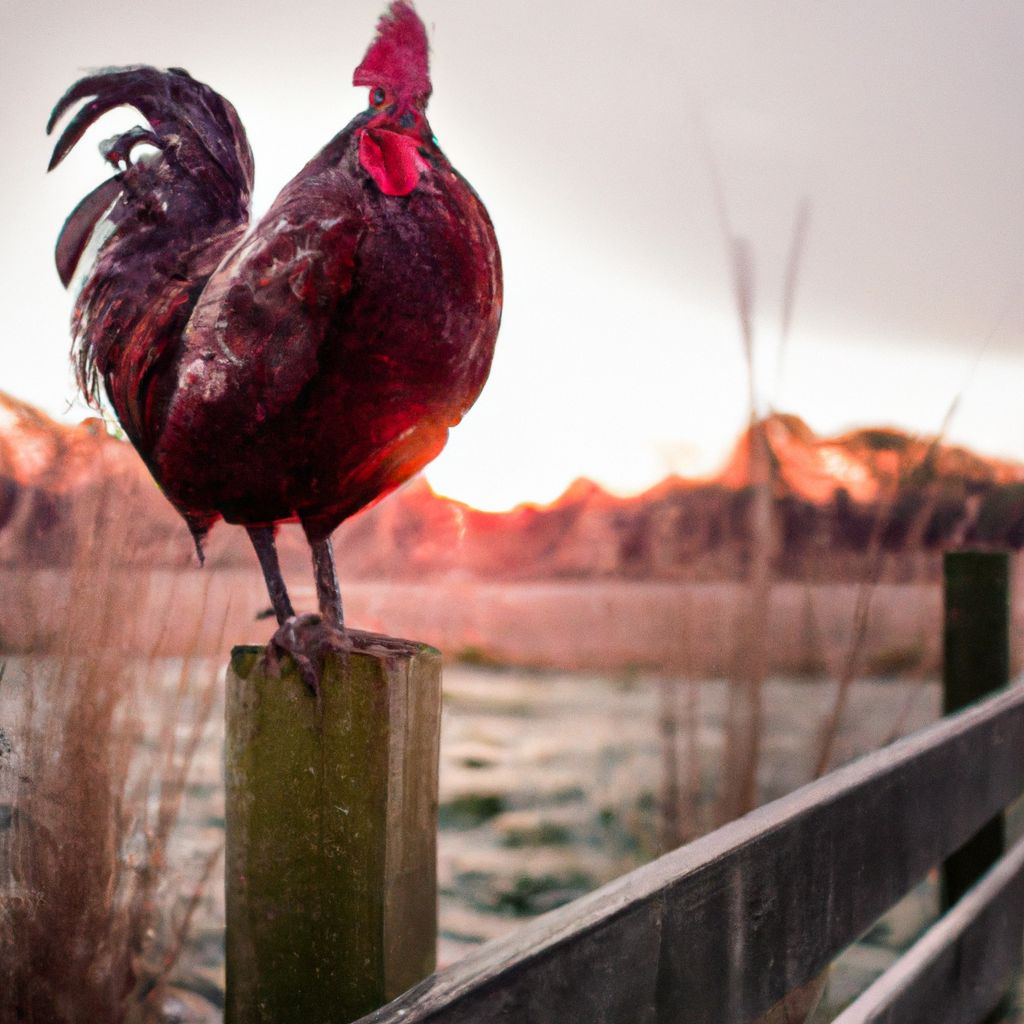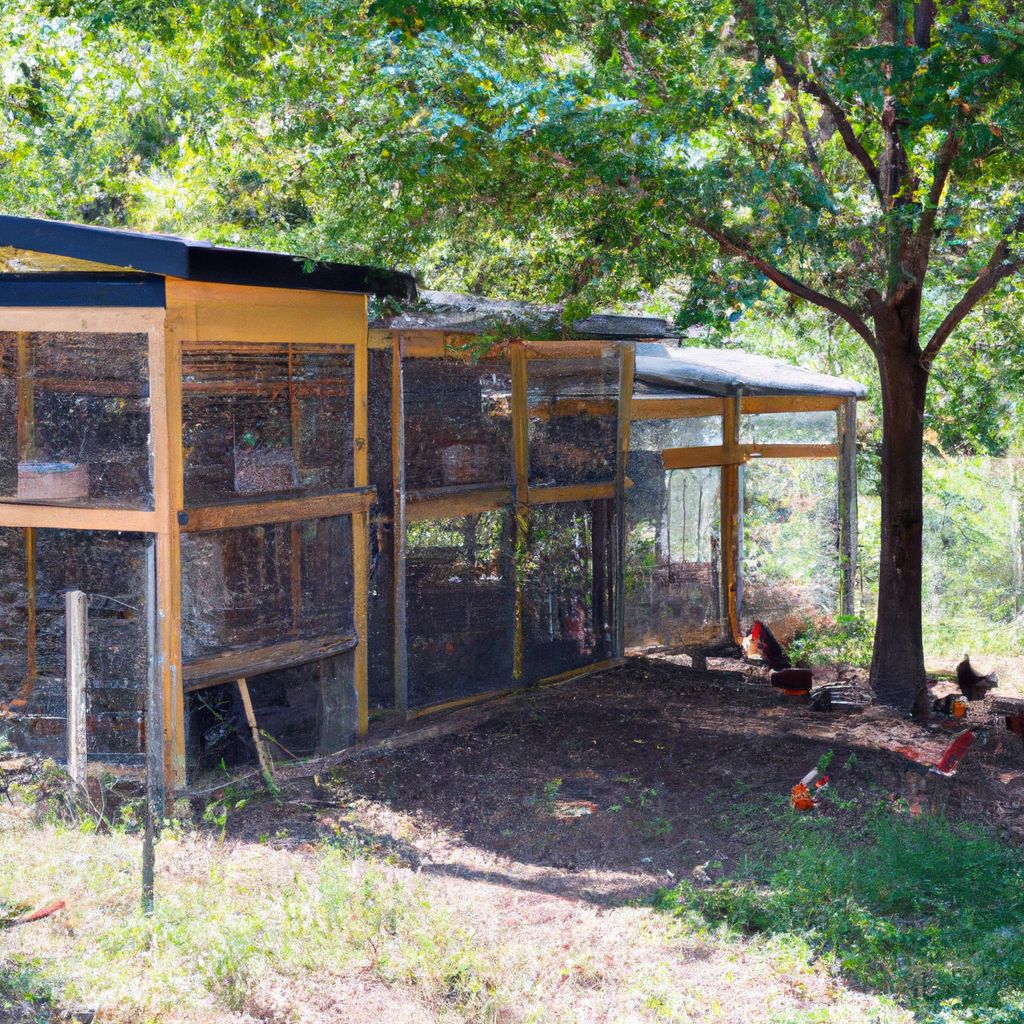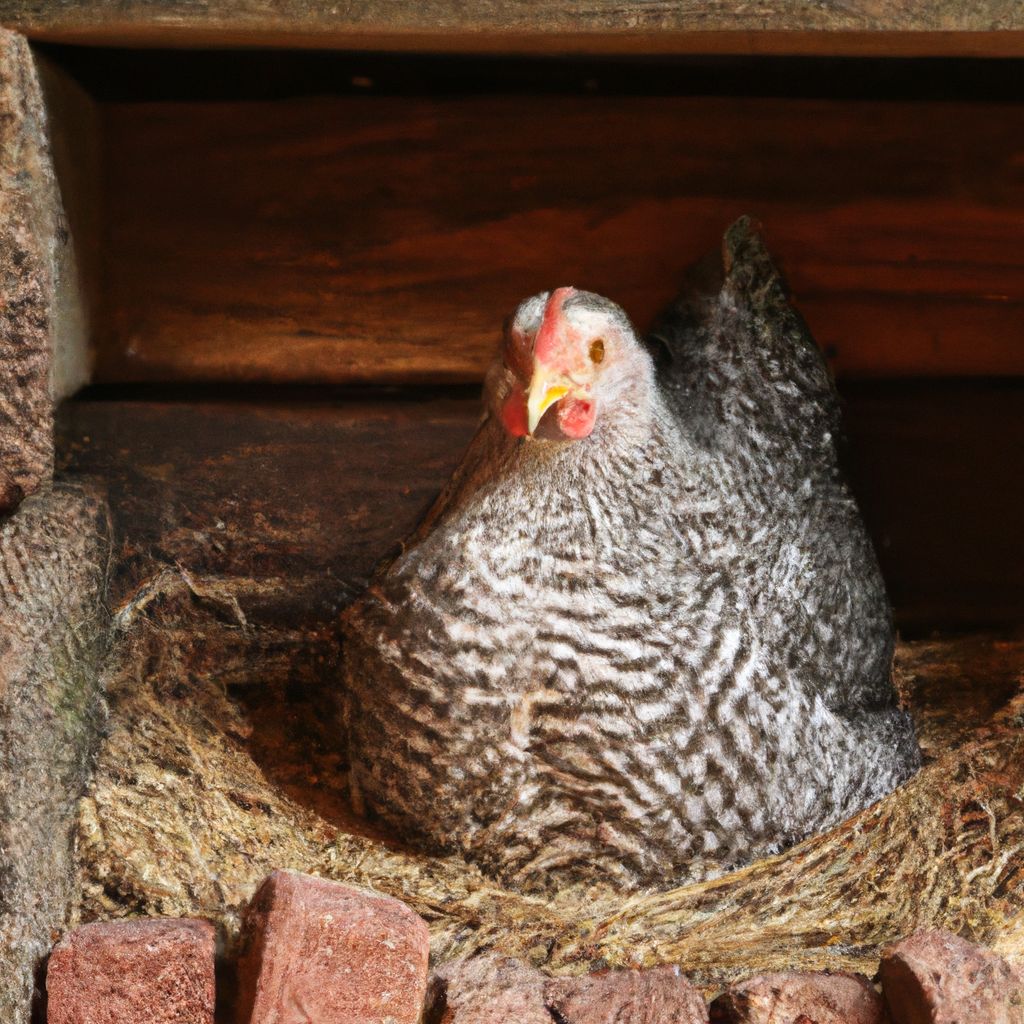Key Takeaways: Easter Egger chickens start laying eggs when they reach maturity, usually around 5-6 months of age. The time of year can also affect when Easter Egger chickens start laying eggs, with longer days and warmer temperatures being favorable conditions. Physical signs such as redness and growth in the comb and wattles, increased vocalization
Daily Archives: December 30, 2024
Key takeaway: Chickens wake up early due to the role of sunlight, as it serves as a natural cue for their wake-up time. Egg production and daylight also play a role in determining when chickens wake up, as they are more active and begin laying eggs when daylight increases. Chickens wake up early to avoid
Key Takeaways: Properly sizing a chicken coop is important to ensure the wellbeing and comfort of the chickens. Adequate space is beneficial for chickens as it allows them to engage in natural behaviors and reduces the risk of stress-related issues. Factors to consider when sizing a chicken coop include the number and size of chickens
Key Takeaways: Cinnamon Queen chickens are a popular breed known for their dual-purpose qualities, as they are good layers of eggs and can also be used for meat. Cinnamon Queen chickens typically start laying eggs at around 5 to 6 months of age, but this can vary depending on factors such as nutrition, health, and
Key Takeaway: The decrease in egg production during winter is mainly due to the decrease in daylight hours, which affects the stimulation of the ovary to release a yolk. The pineal gland and hypothalamus play a role in signaling decreased egg production, and increased melatonin production during longer periods of darkness further contributes to reduced
Key takeaway: Buff Orpington chickens typically start laying eggs at around 5 to 6 months of age. Signs that a Buff Orpington is close to laying its first egg include a reddening comb and wattles, squatting behavior, and vocalizations. Buff Orpingtons have a moderate egg production rate, typically laying around 180-200 eggs per year. Introduction:
Key takeaway: The different sounds that chickens make have specific meanings and purposes, such as alerting each other to threats, protecting and warning, and communicating their emotions. Understanding and interpreting chicken sounds is crucial for observing and caring for chickens, as it allows farmers and chicken owners to address their needs and ensure their well-being.
Key Takeaways: The Importance of Grit in Chickens’ Digestion: Grit is essential for chickens to grind their food and aid in digestion. Grit plays a crucial role in the digestive process of chickens. A lack of grit in chickens’ diet can have negative consequences for their digestion. Understanding the Difference Between Grit and Oyster Shell:
Key Takeaways: Chickens instinctually go to bed when it gets dark, as they are naturally tied to the sun’s schedule. Predators play a role in chickens’ bedtime routine, as they are more active at night, causing chickens to seek shelter and safety. Bedtime among individual chickens can vary, influenced by factors such as breed, age
Key takeaway: Barred Rock chickens usually start laying eggs between 16 and 20 weeks of age. The first eggs laid by young Barred Rock chickens are typically smaller in size. Barred Rocks reach full sexual maturity between 8 and 10 months of age and are in their prime for egg production between 1 and 3










